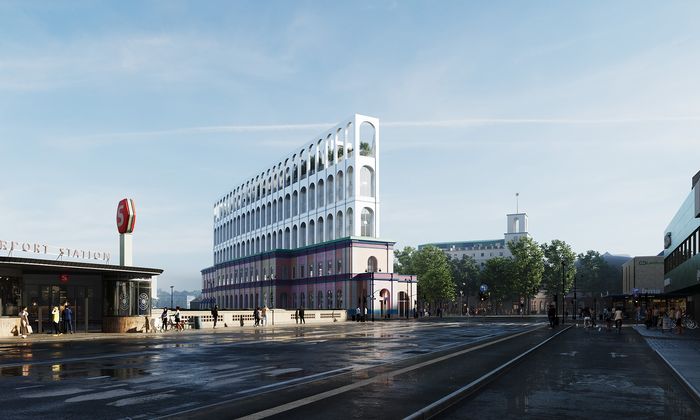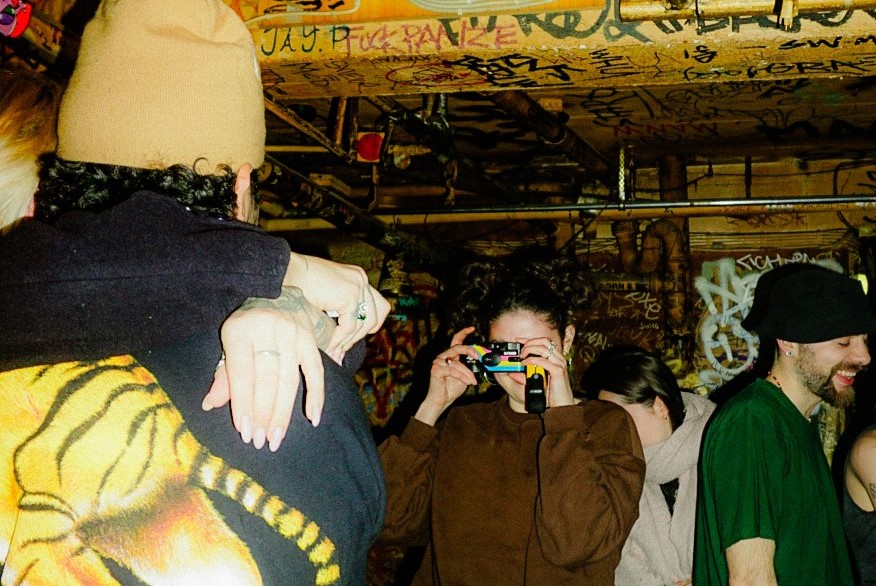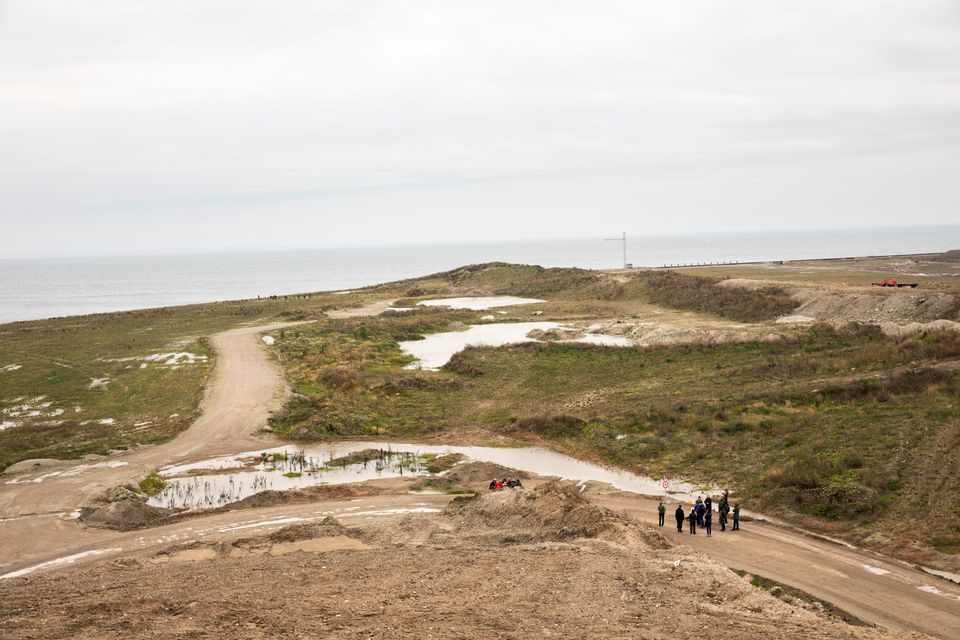In 2003, the former government laid out a plan to ‘normalise’ Christiania and turn the old military barracks – the site of a thriving squatters' community and cannabis market since the 1970s – into a conventional and attractive part of the city.
Almost a decade later, however, police estimate that the trade in cannabis is as strong as it was before extensive police raids in 2004 that were intended to clear out the drug dealers.
“The hash trade today is just as open as it was in 2004 and up on the same level. We believe that a billion kroner is sold every year,” Lau Thygesen, vice police inspector and head of Copenhagen Police’s department for organised crime, told Berlingske.
The news comes as a blow to Copenhagen’s City Council whose request to experiment with the decriminalisation of cannabis was turned down by the Justice Ministry in May.
One of the council's main arguments was that legalising cannabis would steal the trade from criminal gangs who control the sale of cannabis in the city.
While gangs such as the Hells Angels have always had a presence in Christiania, residents are now concerned over their level of power since the recent return of the cannabis trade to pre-2004 levels.
Those who spoke to The Copenhagen Post explained that while the trade might have returned, the atmosphere is quite different from the days before the 2004 invasion by police, with greater levels of violence and intimidation.
“They are much rougher now than the older guys,” one long-time cannabis user, Søren Østergaard (not his real name), told The Copenhagen Post. “The older guys are now sidelined and the new guys from the gangs have now taken over.”
Pohl Cohrt from Christianshavn’s local committee agreed with this assessment.
“You used to be able to approach the old drug dealers and talk to them. But the new ones out there aren’t listening,” Cohrt told The Copenhagen Post. “The problem of Pusher Street [where the cannabis is sold] is far bigger than the Christianites can handle. It is run through violence and [the gangs] even kill people every now and then.”
Cohrt is a staunch proponent of legalising the sale of cannabis and sees it as the only solution to extracting the criminals that are becoming ever more deeply embedded in Christiania.
“If we legalised it, the gangsters would soon be out of business because they wouldn’t be able to compete.”
The City Council agrees and Tuesday evening the city’s deputy mayor for social affairs, Mikkel Warming (Enhedslisten), appealed to the Ministry of Justice to rethink its position.
“Every year one or two billion kroner is spent on hash in Copenhagen,” Warming wrote on his Facebook page. “Instead of pouring the money into the pockets of the [bikers] and the gangs, the justice minister should dare to rethink and let us decriminalise [cannabis] in Copenhagen.”
While Warming is supported by Copenhagen’s mayor, Frank Jensen (Socialdemokraterne), support for the initiative does not extend into the national branch of Jensen's party, however.
Justice Minister Morten Bødskov, who turned down the legalisation proposal, is also a member of Socialdemokraterne.
According to Kim Moeller, assistant professor at the Centre for Alcohol and Drug Research at Aarhus University, the politics of international drug policy probably influenced the government’s refusal.
“In Copenhagen, they are addressing some very concrete problems on the street level that could potentially be alleviated by implementing this semi-legal coffee shop model,” Moeller told The Copenhagen Post. “On the national level, however, the politicians have to consider the uniformity of the drug control system and the fact that we have signed these UN treaties that obligate us to criminalise the sale, though not necessarily the possession, of cannabis.”
Moeller argues that Denmark would be making an unpopular move in the eyes of the international community if the city did choose to decriminalise the sale of cannabis – a move they may not be prepared to take.
Moeller goes on to argue that decriminalisation may not even resolve the issues of crime associated with the cannabis trade.
“The Netherlands [which has decriminalised the sale of cannabis] still has a back-door problem because the coffee shops are being supplied by criminals," he said. "So it’s a matter of prioritising what sorts of problems you want associated with the cannabis trade.”
Flaws in the city’s proposal could also have affected the government’s decision not to allow cannabis legalisation, according to Moeller. He found that the city’s expected profits of roughly 410 million kroner were twice the realistic estimate, while its effects on Denmark’s obligations to UN drug treaties were also not clarified.













